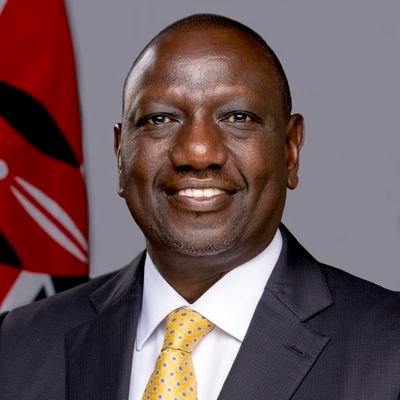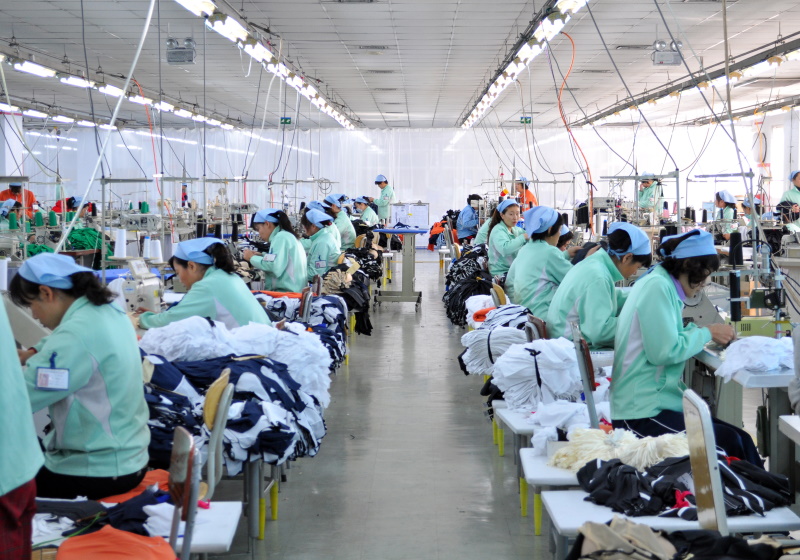NAIROBI, Kenya, March 4, 2024/ — Counties will receive an additional KSh46 billion in the 2023/2024 financial year after President William Ruto assented to the County Governments Additional Allocations Bill on Monday at State House, Nairobi.
During the signing of the Bill, the President reiterated his government’s readiness to support devolved governments to discharge their mandate.
“We are continuously working towards making sure that whenever we have resources, they are shared between the two levels of governments equitably,” he said.
He commended the Council of Governors (CoG) for withdrawing a petition that had proved a stumbling block towards reaching an agreement.
“It is our collective decision to find ways of working together harmoniously, finding consensus on matters that are difficult and listening to one another,” President Ruto said.
Present at the function were Prime Cabinet Secretary Musalia Mudavadi, Parliament Speakers Moses Wetangula (National Assembly) and Amason Kingi (Senate), and Kirinyaga Governor Anne Waiguri, who is also the CoG chairperson.
The Bill was sponsored by Kiharu MP Ndindi Nyoro, who is also the chairperson Budget and Appropriations Committee in the National Assembly.
Two weeks ago, the National Treasury disbursed KSh31 billion to counties and President Ruto said they will receive another substantial disbursement soon.
He congratulated county governments for striving to increase their own revenues, thus reducing dependency on the National Treasury.
“That way, counties will discharge their responsibilities without too much intervention and too many hurdles,” he said.
Of the KSh46 billion made available by the presidential assent, Sh450 million will go towards the completion of five county headquarters.
The county governments of Lamu, Isiolo, Nyandarua, Tharaka Nithi and Tana River could not raise enough revenues to complete the projects.
The new law has also allocated KSh5 billion for the subsidised fertiliser programme. The President urged farmers to take advantage of the fertiliser to grow food and help make the country food secure.
He said the government’s aim is to progressively reduce and ultimately stop spending KSh500 billion the country uses annually to import food, including edible oils, rice, wheat, sugar and maize, which can be grown locally.




